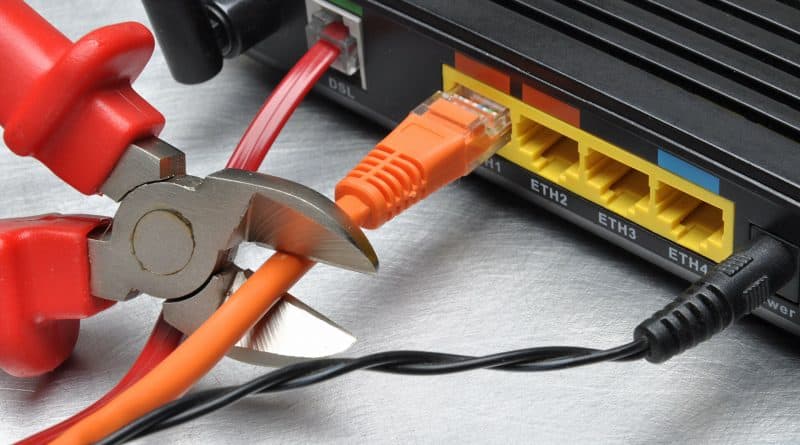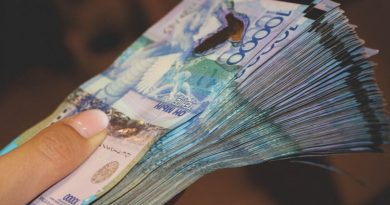Kazakhstan: practice of shutting down internet access becomes commonplace
Kazakhstan is a country with a restricted Internet. This conclusion is given in the annual report on the state of Internet freedom in the countries of the world, compiled by the international human rights organization Freedom House.
Global internet freedom continues to decline from year to year. And freedom of expression on the Internet is under unprecedented pressure. Such sad conclusions were made by Freedom House experts, who compiled an annual report on the state of Internet freedom in the world.
Kazakhstan scored only 33 points out of 100. Meanwhile, according to the Freedom House scale, 39 points or less indicate the lack of freedom of the Internet.
“Internet freedom in Kazakhstan has improved slightly over the coverage period, but there are many threats to freedom of expression and privacy. Despite some positive developments, including the belated decriminalization of libel, the government continued to restrict Internet access. At the end of 2020, the government tested a controversial National Security Certificate that allows to track online activities of users, preventing those who refused to install it from accessing a number of websites. The legal regime supporting blocking online resources has also been expanded as the new Rules for the Registration, Use and Distribution of .kz and .ҚAZ Domain Names allow the government to suspend websites with these domains that do not host hardware or software domestically. Local and central authorities also continued to harass critics and detain activists. Threats to online media, including distributed denial of service (DDoS) attacks, intensified during the parliamentary elections in January 2021, ”reads the introduction to the report on Kazakhstan.
Freedom House experts note that despite the promises of President Kassym-Zhomart Tokayev to carry out reforms, the situation has not changed for the better. There is still no political competition in the country, law enforcement agencies imprison oppositionists under any pretext, and the main media are either in the hands of the state or owned by businessmen affiliated with the authorities.
Even though access to the Internet in the republic has grown (in 2020, 88.2% of the population had it), and its cost is relatively affordable, it cannot be said that people can use it to the fullest.
“During the period under review, communications were repeatedly restricted or disconnected at the local level in an apparent attempt to prevent political protests or the dissemination of information about them. These disruptions often only affect areas immediately adjacent to protests. The practice of restricting social media has become commonplace. Certain legal mechanisms allow the government to suspend telecommunications networks at its discretion. According to the 2018 decree, the Ministry of Defense, the Ministry of Internal Affairs, the General Prosecutor’s Office, and the NSC have priority access to telecommunication networks, as well as the right to suspend the operation of these networks in the event of an emergency. Experts expressed concern about the decree’s vague terminology – in particular, “social emergency” and “risk of an emergency”. The decree does not specify any restrictions on the duration of the suspension of the network, ”the report says.
Freedom House experts also emphasize that the country has adopted new rules for blocking or suspending the operation of networks, information and communication technology (ICT) resources, and other web resources. However, these rules are classified.
“The authorities blocked or interfered with social media platforms and messaging applications several times during the reporting period. ISPs and authorities usually associate disruptions with technical problems. But these restrictions usually occurred during anti-government demonstrations and emergencies. In June 2020, Minister of Information Aida Balayeva announced that the government would impose strict restrictive measures on Telegram channels that distribute content that poses a threat to national security. While the legal framework and procedures for blocking websites and removing content have not fundamentally changed during the coverage period, the government has significantly expanded its powers to censor the Internet in recent years, and illegal blocking remains a common practice. All procedures for blocking websites and removing content are opaque, ”the report says.




